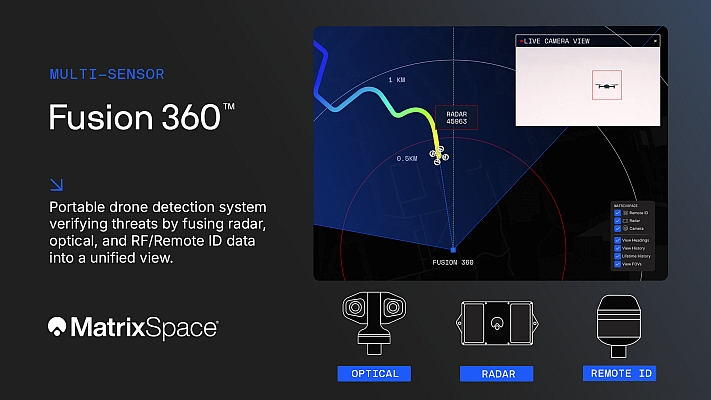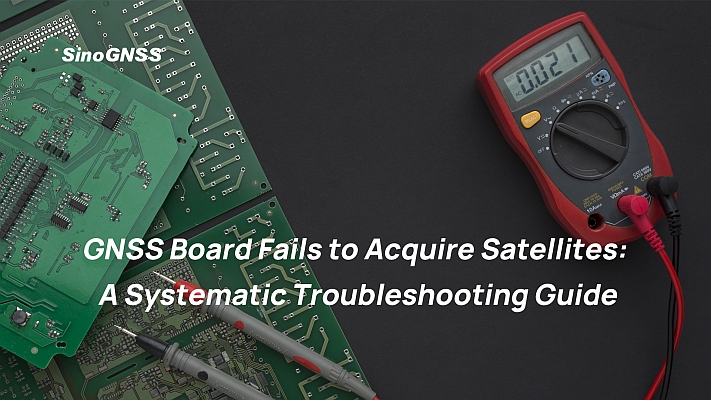The in-orbit validation programme for Galileo, Europe’s global satellite navigation system, is celebrating three years since the first signal was broadcast by the Giove-A satellite. The programme has been gathering momentum since the launch of the Giove-A satellite and its success in securing the critical Galileo frequency filing with the International Telecommunications Union (ITU) before the filing expired in June 2006.
Originally designed for a 27 month mission, the satellite has already been operating for more than three years. During this period, as well as securing the ITU filing, Giove-A has successfully shown that Galileo is technically feasible by validating its key technologies and characterising the radiation environment in the region of space in which Galileo will operate.
The launch of the SSTL-built Giove-A satellite on 28th December 2005, gave a real boost to the Galileo programme. Just two weeks after launch, on 12th January 2006, the satellite transmitted Galileo signals from space for the first time and over the subsequent three months secured the required ITU frequency filing. Giove-A has enabled Europe to acquire and maintain the Galileo frequency filing. Over the last two years Giove-A has achieved greater than 99.8% availability and in April 2008 ESA declared Giove-A "a full mission success".
Giove-A was also Europe’s first dedicated navigation satellite and the first European satellite to be launched into Medium Earth Orbit (MEO). Despite these engineering challenges, Giove-A was developed rapidly – in a little over two years – by Surrey Satellite Technology Ltd (SSTL) under a EUR28M contract placed by ESA in July 2003.
In 2008 Giove-A was joined by the EADS Astrium-built Giove-B satellite – the first to carry an onboard passive hydrogen maser clock, which promises to be the most stable and accurate clock ever flown in space. SSTL staff assisted ESA with the in-orbit testing of Giove-B using the same test facilities as had been developed for Giove-A.
Recently, a team led by Bremen based OHB-System AG, which includes SSTL as a core team member, has been shortlisted as a possible supplier for the provision of fully operational Galileo satellites to be launched before 2013.






